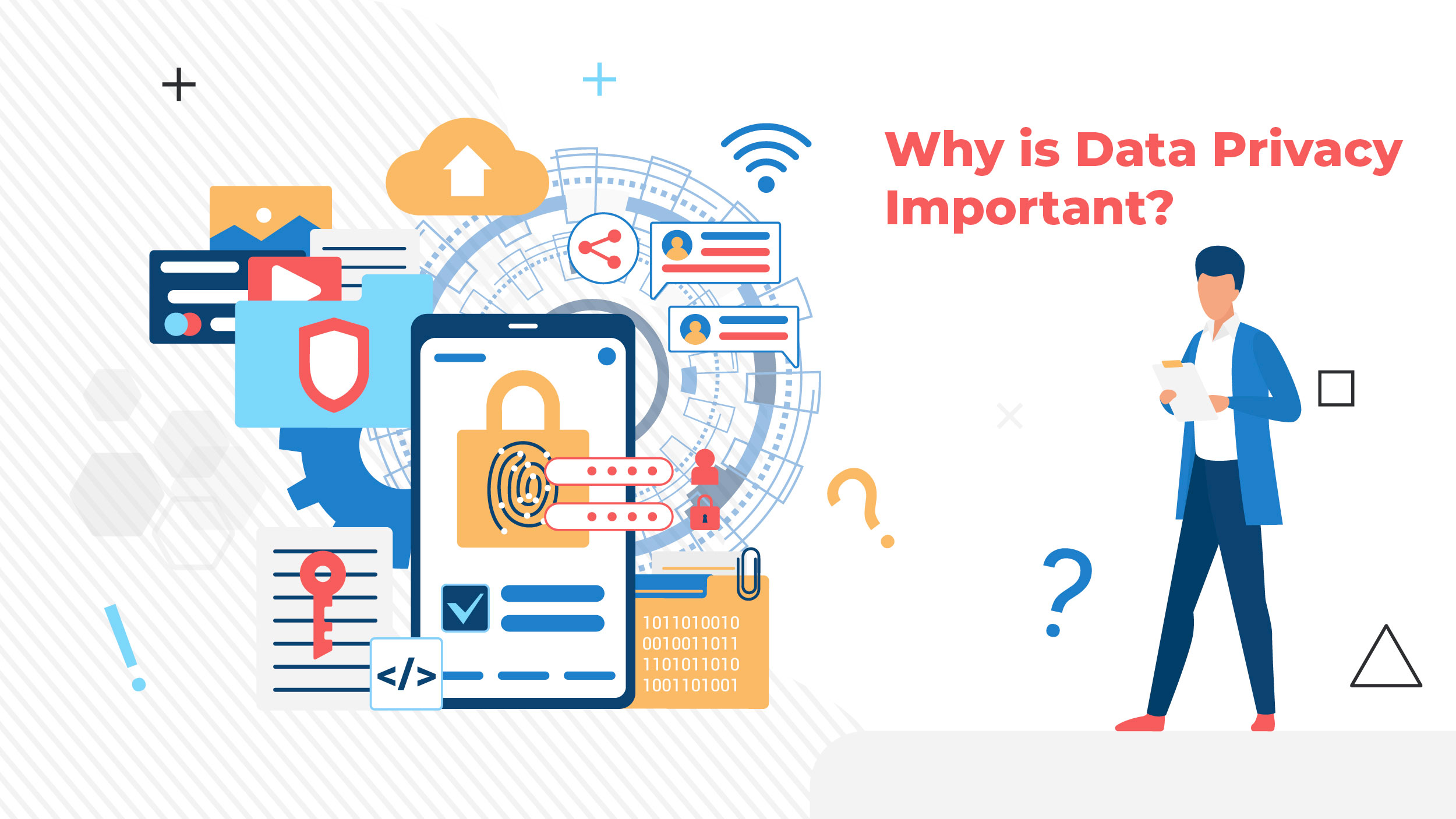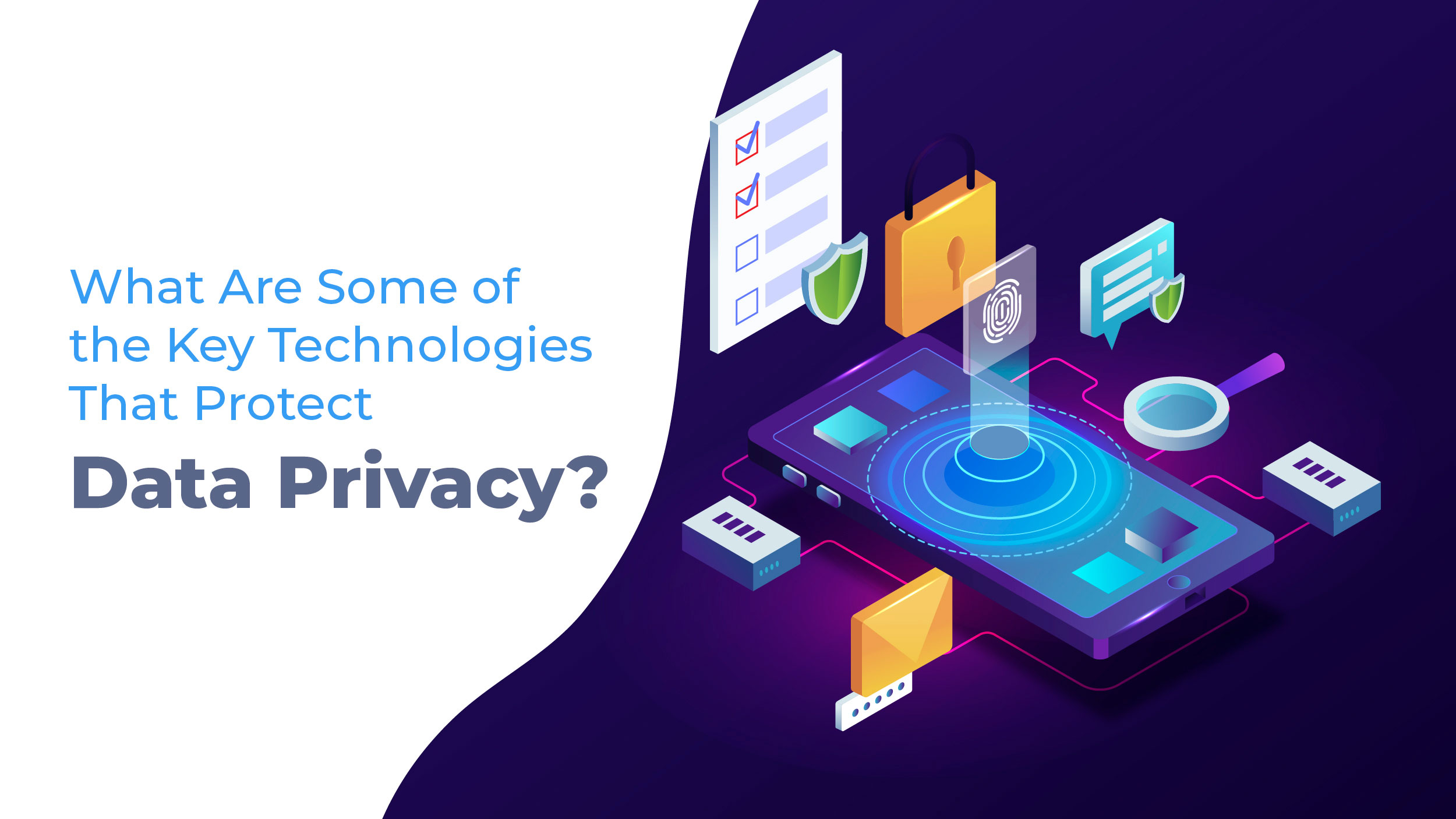In today’s world, where we share so much of our personal information online, it’s imperative to protect our data.
Data privacy is about keeping our personal information confidential and secure from unauthorized access or use. This is especially important as technology advances and more aspects of our lives are digitized.
Every single link, website, and social media page you visit stores your personal information. Imagine what would happen if it fell into the wrong hands. This becomes even more pressing since we live in a world where people’s attention spans are barely less than a minute. Most times, we click on “accept” without reading the conditions.
In this post, we examine the fine print to tell you everything you need to know about data protection and privacy. Ready? Let’s start with the basics.
What is Data Privacy?
Data privacy relates to the safeguarding of personal information from those who shouldn’t have access to it and the freedom of individuals to control who has access to their data.
This personal data can include someone’s name, phone number, address, digital footprint, or other personal characteristics. Just like you might want to keep others out of a private conversation, many people online want to restrict or stop the collection of certain types of personal information.
The concept of data security and privacy is not limited to one idea or method. Instead, it’s a discipline that uses laws, customs, standards, and other tools to assist companies in establishing and upholding the necessary levels of privacy compliance.
The UK’s National Cybersecurity Alliance (NCA) has initiated Data Privacy Week, an annual event intended to raise awareness about data security and privacy in the digital sphere.
Why is Data Privacy Important?

The right to privacy is safeguarded by data protection legislation in many jurisdictions since it is regarded as a basic human right. Data privacy is crucial because people need to trust that their personal information will be handled carefully if they engage in online activity.
Personal information can be exploited in many ways if it’s not protected or if people don’t have control over how it’s used.
Here are a few examples:
- Personal information can be used by criminals to trick or harass people.
- Entities may sell personal data to advertisers or other third parties without the user’s approval, which could lead to users receiving unwanted marketing or advertising.
- An individual’s freedom of expression may be hampered if their actions are followed and scrutinized, particularly in countries with harsh governments.
Any of these results may be detrimental to an individual. For a corporate entity, these outcomes could result in sanctions, penalties, and other legal repercussions, as well as cause irreparable damage to its brand.
What is the American Data Privacy and Protection Act?
The American Data Privacy and Protection Act (ADPPA) is a proposed federal law in the United States that would regulate the collection, use, and sharing of personal data by businesses. The ADPPA establishes several new rights for consumers, such as the right to access, correct, delete, and port their personal data. It would also require businesses to take steps to protect personal data, such as by implementing security measures and obtaining consent from individuals before collecting or using their personal data.
The ADPPA is still under consideration by Congress, but it is seen as an important step toward protecting the privacy of consumers in the United States.
What Issues Do Businesses Face Due to Data Privacy?
Data privacy certification is essential for businesses that handle personal information. According to research by Tableau, 63% of people think organizations do not adequately explain what personal data they are collecting or how they plan to use it.
Given below are the top three challenges faced by businesses:
- Cybercrimes: Attackers target both individual users and businesses that gather and keep user data. Additionally, the attack surface grows as more components of a firm are connected to the Internet.
- Insider threats: If data is not effectively protected, internal staff members or contractors may access it inappropriately.
- Data breaches: Hackers are constantly improving the methods they use to access sensitive information, which can result in a serious breach of user privacy if personal information is exposed.
What Are Some of the Key Technologies That Protect Data Privacy?

Information can be hidden by being encrypted in a way that it seems to be random data. This data can only be decrypted by parties that have the encryption key.
Only individuals who are permitted can access systems and data due to access control. For the purpose of preventing sensitive data from leaving the network, access control and data loss prevention (DLP) can be combined.
One of the most crucial technologies for everyone is two-factor authentication, which makes it much more difficult for attackers to access user accounts without authorization.
These are only a few of the modern technologies that can safeguard user privacy and keep data more secure. Technology by itself, meanwhile, is insufficient to safeguard data privacy.
Advantages of Data Privacy Compliance
There are four main benefits to having proper data privacy compliance for your business.
- Reduced storage expenditures: It can be expensive and dangerous to store data indefinitely. Businesses that make informed decisions about the data they need to gather and retain, as well as the minimum retention period for that data, can lower the cost of storing both their primary and backup data.
- Improved utilization of data: Data has a time component. A company can profit from timely and better-quality data, which translates into more accurate and pertinent analytical outputs, by making better data collection and retention decisions.
- Improved brand and reputation: A company’s reputation can be just as crucial as its products or services. A company’s reputation and brand will improve if it effectively implements and upholds data privacy procedures since it will show that it values customer data and privacy. On the other hand, a company’s reputation and brand could be irreparably harmed by a significant data breach.
- Regulation compliance: A corporation can avoid lawsuits and penalties associated with data privacy violations by adhering to proper data protection regulations.
The Bottom Line
In our increasingly digital world, data security is a critical and rapidly evolving topic of concern. People need to feel secure in the ethical and responsible handling of their personal information in this data-driven world. Data breaches and illegal access can have serious repercussions, including loss of money, identity theft, damage to one’s reputation, and a decline in trust. By championing data privacy, we not only protect ourselves but also lay the cornerstone of a more secure and ethical digital landscape.




